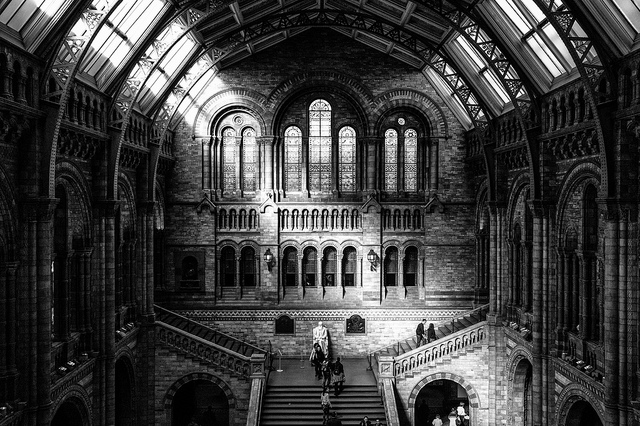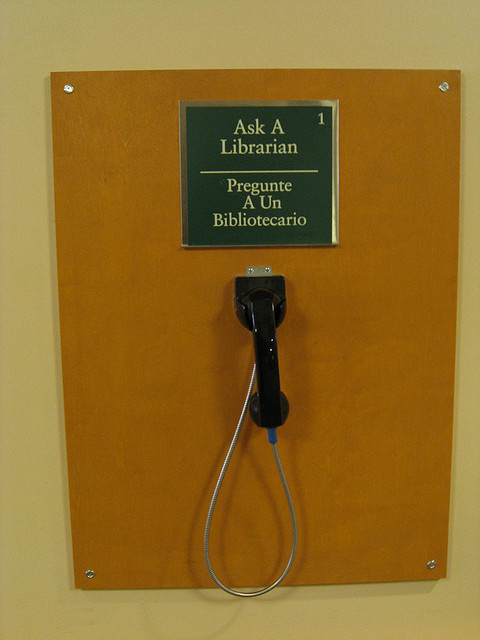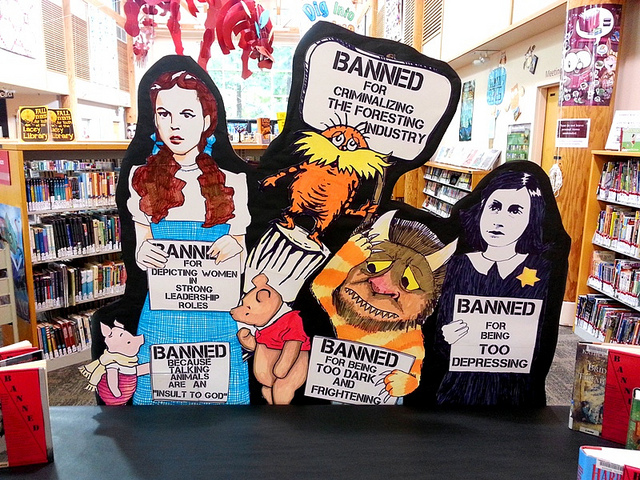 Photo by Morten Diesen
Photo by Morten Diesen
Have you ever sat in a Maths class wondering if you will ever have to do long division without a calculator once you leave school? Or silently cursed your Geography teacher while learning about the formation of oxbow lakes?
And History? That’s all in the past and irrelevant, isn’t it? In this series of articles, we will look at some of the subjects we learn at school, and try and answer the question: What’s the point in learning this?
Last time we looked at uses of Physics, both in day to day life, and in careers. Today we will focus on History – the study of the past and how our society came to be as it is. Here are some ways in which studying History is useful to us:
Critical Thinking

Thinking by Elisabeth Haslam
When we study history we don’t just learn lists of facts and dates off by heart. We read lots of opinions about what happened and why, and come to our own conclusion. We base these opinions on two types of material, primary sources which are texts and drawings created at the time of the history we are studying, and secondary sources which were written after the event.
Did you know that historians are still arguing over what Henry VIII and his six wives did almost 500 years ago? And that all of them have solid reasons for thinking the way they do? Was he mad? Was he evil? Was he misunderstood? Was he a devout, religious man? Why did he do the things he did?
Well if you read about this time in history, you can come to your own conclusions. Reading in this way is part of the skill called Critical Thinking, which means that you don’t accept everything you see at face value. This is a skill which you will need throughout your life.
Hobbies
What do you like to do in your spare time? A sport? Cooking? Playing a musical instrument? Painting? Whatever your hobby it will have started at some point in history. Yes, even computer games. And looking at the history of what you like doing, right from the beginning, can help you understand your hobby even more than you do. Do you like reading books? Do you know who printed the first books? And what about the history of banned books?
The Present

Photo by Liz Jones
History has made us what we are. The decisions and actions of our ancestors have shaped the world we live in today. The origins of conflict all over the world can be explained by history. The way our streets have been laid out, why our homes look like they do, why we have the laws we live by, even how our bodies developed in the way they develop. Whatever you look at it has roots in history. Have you ever wondered why we eat with knives and forks but some other cultures use chopsticks? History will tell you. Everything about us is a product of our history.
Concentration Skills

Photo by Edmund Chung
I’m not going to lie to you. History isn’t an easy subject, and depending on what you find interesting some sections may even be quite boring. There is a lot of reading, especially towards the end of secondary school, of sometimes quite long and difficult texts. However, it is important in this time of working with several screens at once, and reading the news in bite-sized pieces, to be able to concentrate. Imagine if one day you want to be a surgeon or an air traffic controller? Or even if you just want to drive a car. Learning how to concentrate for long periods is a good skill.
Reasoning and Writing Skills

Photo by Jeffery James Pacres
History will teach you how to write. How to work out an opinion and give it, but, more than that, support it. You will learn to put an argument forward and back it up with reasons you think this way. You’ll be able to write complex texts showing the reader that you understand what you are talking about. Easier said than done. Your ability to debate will help you in everyday relationships as well. There are countless times in our lives when we need to be able to give an opinion and back it up. Being able to give a reasoned argument is a key skill that history will teach you.
So, a better knowledge of who we are and how we came to be, the ability to read and to argue our point of view are all parts of why History is not only interesting but useful. But what careers will use the skills we learn at school?
Jobs that Use History
TV and Film

Photo by Howard
Apart from the whole channels dedicated to historical documentaries, which obviously are made by people interested in history, many films and TV shows are based in a past time.
Costumes, lighting, use of language and household implements among many other things need to be realistic, believable, if not always strictly accurate (look up historical inaccuracies in films if you want a laugh).
TV and Cinema are tough fields to break into, but a solid knowledge of history and the ability to research, learned during History lessons at school, are a good foundation.
Politics

Photo Leonard Bentley
There are lots of jobs suitable for people with good history skills in politics. Firstly it is useful for politicians and their advisers to know about the past, what has shaped society, and what has made the people they represent who they are.
Secondly, the writing skills learned during History – the ability to write a persuasive argument – is key to writing a political speech or drafting other documents.
Librarian

Photo by Rachel Vacek
Your local library is the best place to start if you are interested in the history of your area. And the person who can help you with your project is your librarian.
Apart from being a skilled organizer, analyst and data manager (skills learned in History class) your librarian will be able to advise on where to find information, where to look and will also have access to archives of newspapers and other local records.
You can see that History can teach you lots of skills as well as knowledge, and can be used in very different careers. Here are some more careers which use historians’ skills: lawyer, archaeologist, researcher, archivist, teacher, journalist.
The featured image is the Natural History Museum in London




